
We could all use some relaxation, but we don’t always have the budget. This guide will show you how much an in-ground hot tub costs—no matter the build.
Don’t sweat choosing the right pro


Forget going to the spa: a home sauna is the ultimate luxury. For most homeowners, a home sauna costs $1,500 to $10,000. It’s no small investment, so you want to hire the right pro. This guide will show you who to call to install a sauna—from specialist sauna installers to electricians. Let’s weigh the options.
There are two main types of saunas: infrared saunas and traditional saunas (sometimes called steam saunas). Infrared saunas use infrared light to heat your body directly. Traditional saunas use a stove to heat the air. A sauna installer is typically the best person for the job because they know their way around every type of sauna.
Here are the main benefits of hiring a sauna installer:
Expertise: A sauna installer has expertise, whether you go prefab or custom. They’ll be able to help you buy a sauna that best suits your lifestyle and work it into your existing space. This includes sourcing the best materials and adding features that less experienced contractors may not offer.
Licenses and insurance: While you don’t need a license to install every type of sauna, you will need licensed contractors for aspects of most installations. Sauna installation companies work with licensed contractors where needed—like for electricity and plumbing. They’ll also carry the proper insurance, just in case there’s an accident or mishap.
Ease of installation: A sauna installer will handle all aspects of the sauna installation vs. other contractors who can only perform a single job. For example, an electrician can install an infrared sauna in your backyard, but you’ll also need to hire a contractor to level the ground and build a foundation.
Safety: A sauna installer will ensure that every part of the installation is up to code. Saunas also have numerous safety features, like temperature sensors and automatic shut-offs. Your sauna installer knows how to install what’s needed to keep your sauna safe.
Permits: Every area has different permit requirements. These also vary based on whether the sauna is inside or outside. Your sauna installer will handle the permitting process.
Warranty: Saunas often come with warranties. If they’re installed incorrectly or without the use of a pro, it can void the warranty.
There are certain types of saunas you can install on your own. A 110-volt infrared sauna is a great option—as long as it doesn’t require a dedicated power source. You can plug one of these into an outlet, but you may need to make some electrical upgrades depending on the size. In general, an infrared sauna costs $1,500 to $6,000, slightly less than a standard in-home sauna.
That said, most saunas require a 240-volt GFCI-protected circuit. Even basic prefab sauna kits usually require electrical work and plumbing connections. In this case, DIY work can be hazardous or lead to costly damage. If you plan to build a sauna requiring electrical or plumbing installation, hiring a pro is always best.
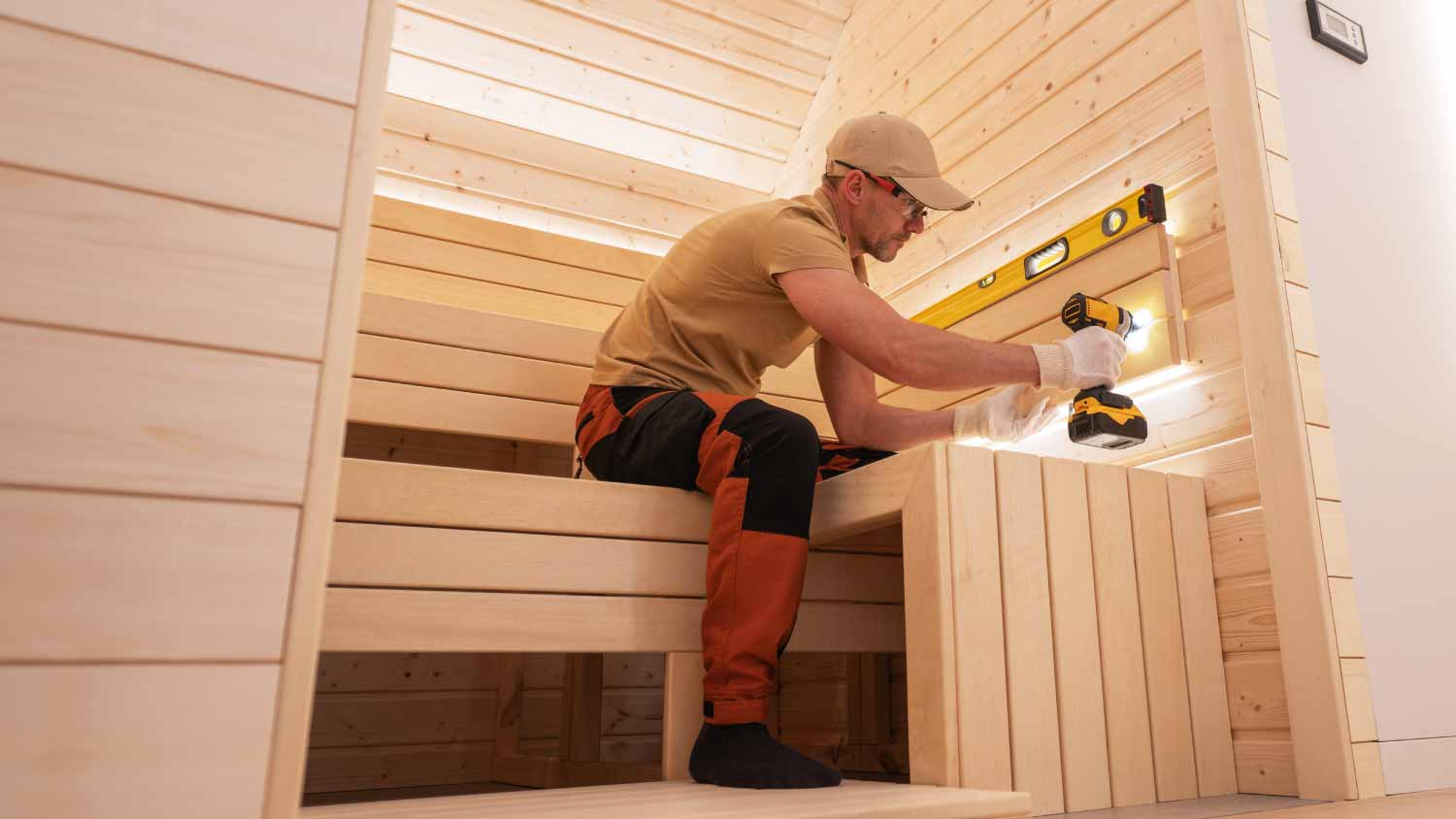
If your sauna requires electrical installation, you can hire an electrician. In fact, it may be necessary to get a permit (though sauna installation companies do work with licensed electricians). Ensure your electrician has experience installing saunas since they may need to make other upgrades like adding new circuits and ventilation.
Keep in mind that electricians aren’t always the best option. 110-volt infrared models don’t typically require electrical installation, but there may be other considerations. Beyond that, some saunas (mainly traditional and steam sauna kits) require plumbing. In this case, you’ll also have to hire a plumber.
To make things easier, you may want to hire a sauna installation service that can handle the whole job.
The first step in installing a sauna is choosing the right option—from prefab infrared models to traditional cedar saunas to outdoor wood-burning saunas. Your sauna installer will help you choose the best model for your space, obtain the permits, and then prep the area. This could include:
Installing a dedicated circuit
Installing a GFCI-protected outlet
Installing a ventilation fan
Roughing-in plumbing connections
Adding a level foundation for an outdoor sauna
Once the area is ready, they will install your sauna, safety features, and any upgrades or extras you choose. Some homeowners add accessories like backrests and robe hooks. Others install music players and chromotherapy or aromatherapy systems. To go over your options, speak to a sauna installer near you.
From average costs to expert advice, get all the answers you need to get your job done.

We could all use some relaxation, but we don’t always have the budget. This guide will show you how much an in-ground hot tub costs—no matter the build.
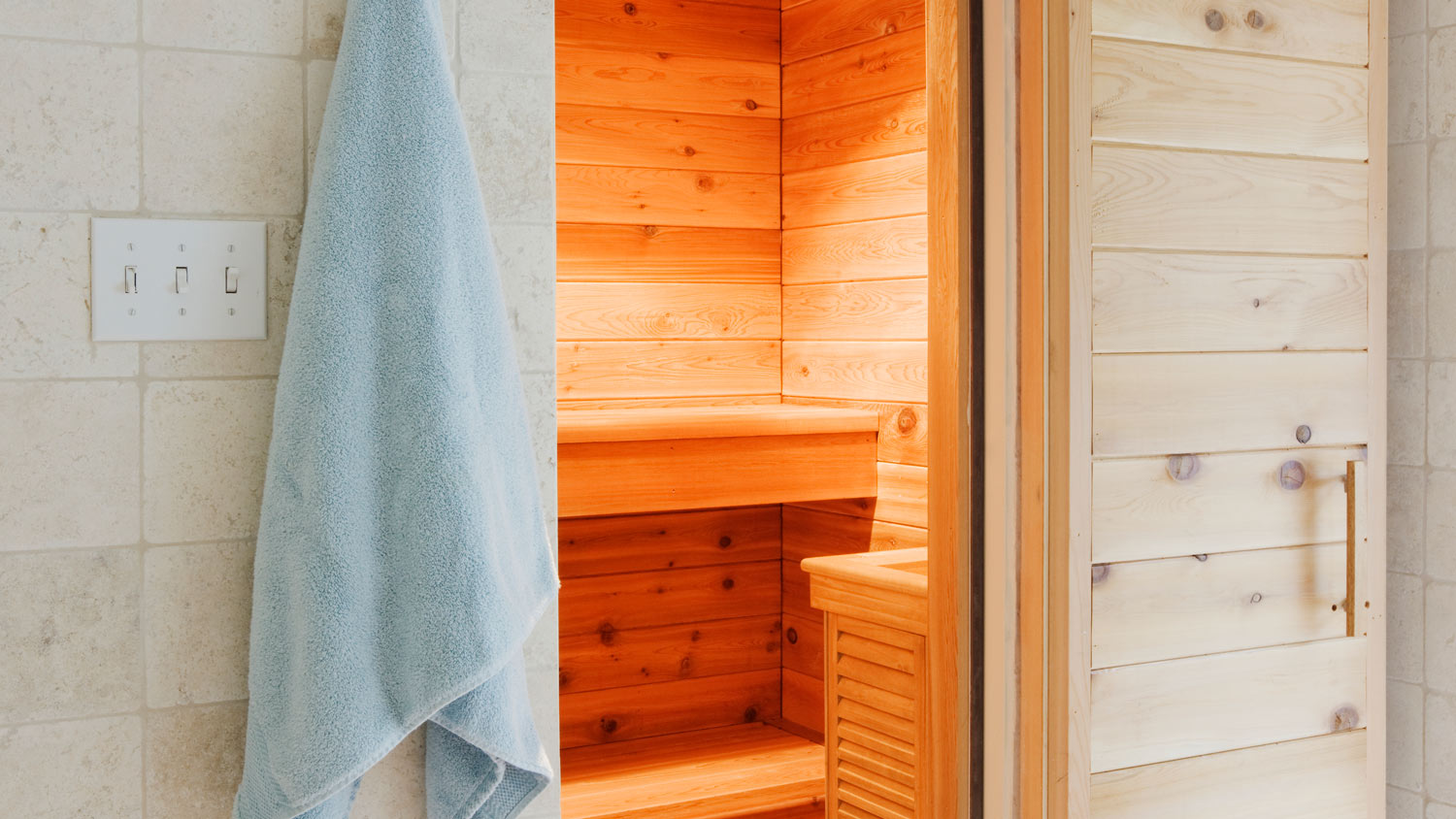
Discover how much installing a steam room costs, including average prices, key cost factors, and tips to save on your steam room installation.
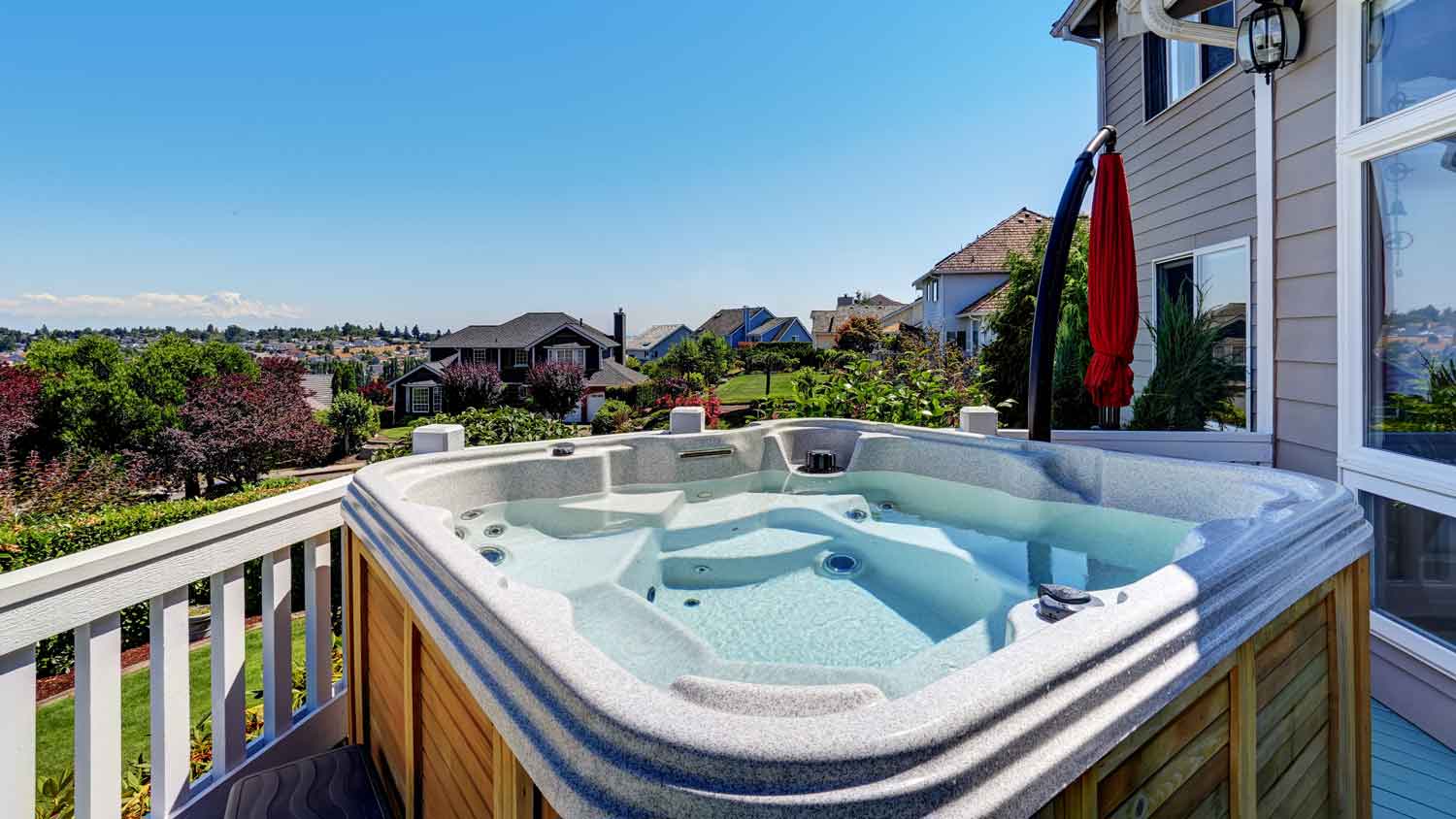
Discover how much a saltwater hot tub costs on average, including installation and ongoing expenses, plus tips to save money and compare DIY vs. pro options.
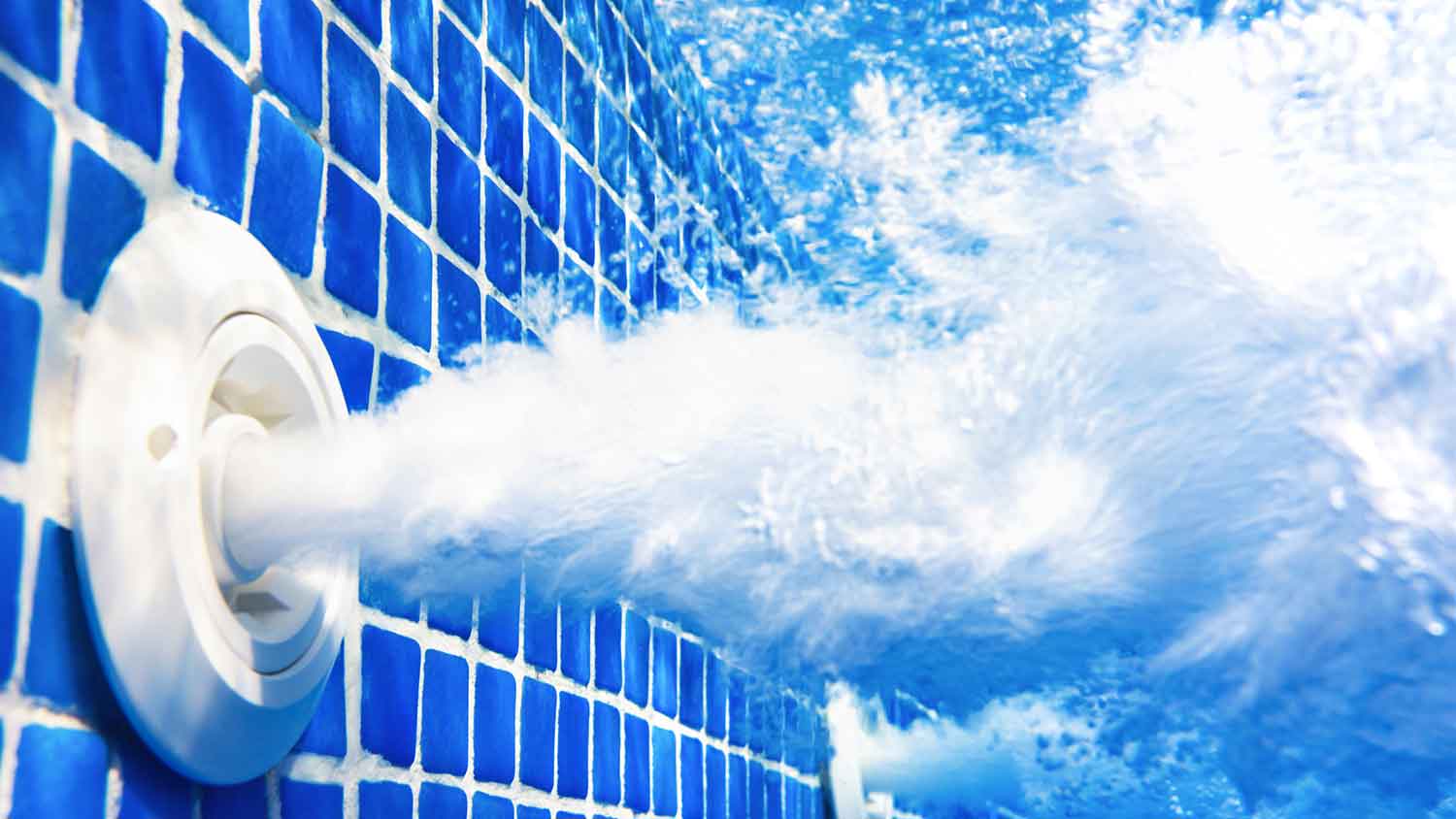
Do your pool jets have low pressure? Find out the common causes of low pressure in your pool jets, along with what you can do to fix it.
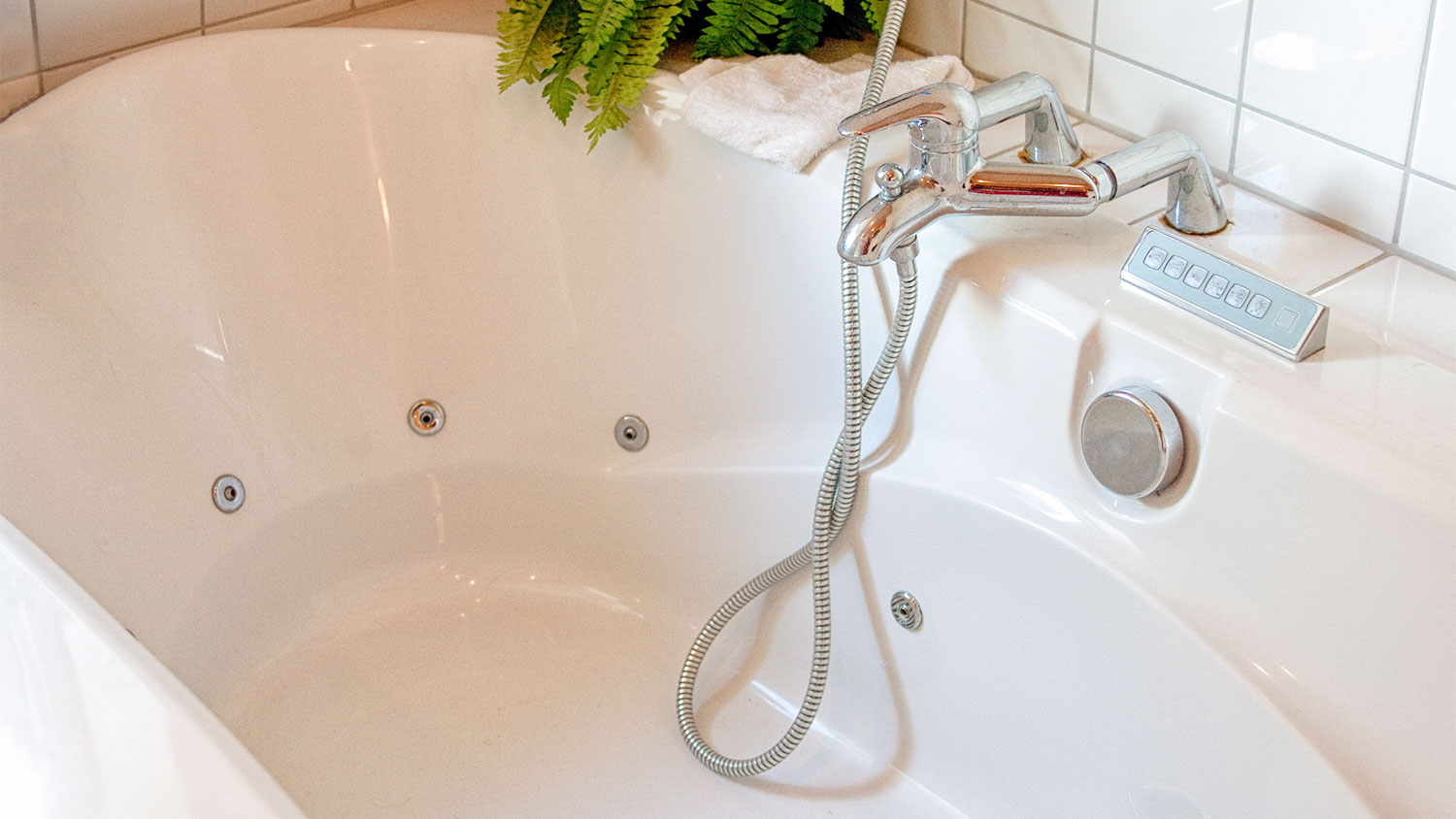
Discover the cost of whirlpool tub installation, including average prices, key cost factors, and tips to help homeowners budget for their project.
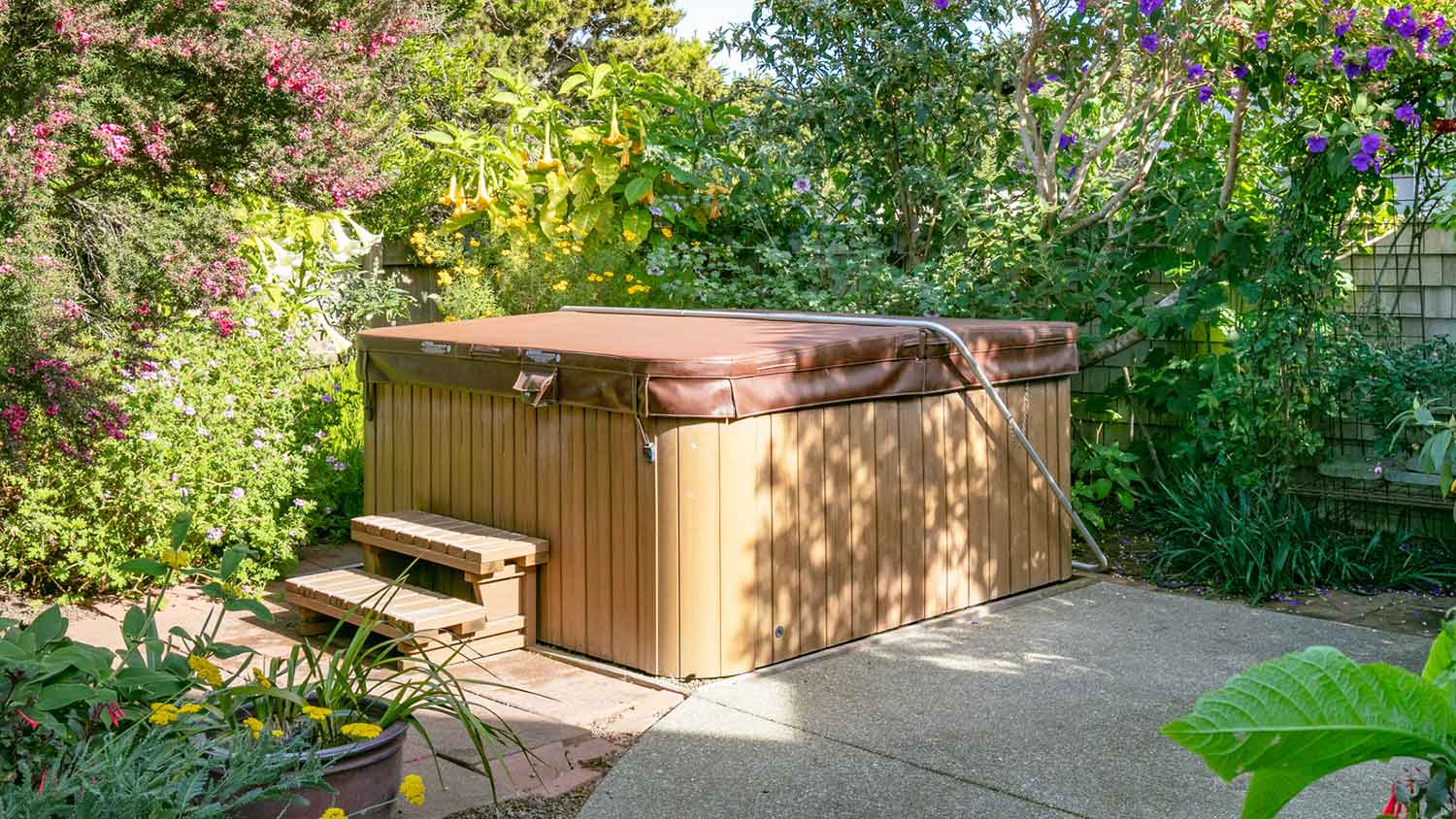
Struggling to lift the cover off of your hot tub? If you're wondering "Why is my hot tub cover so heavy," the good news is it's the cover, not you.